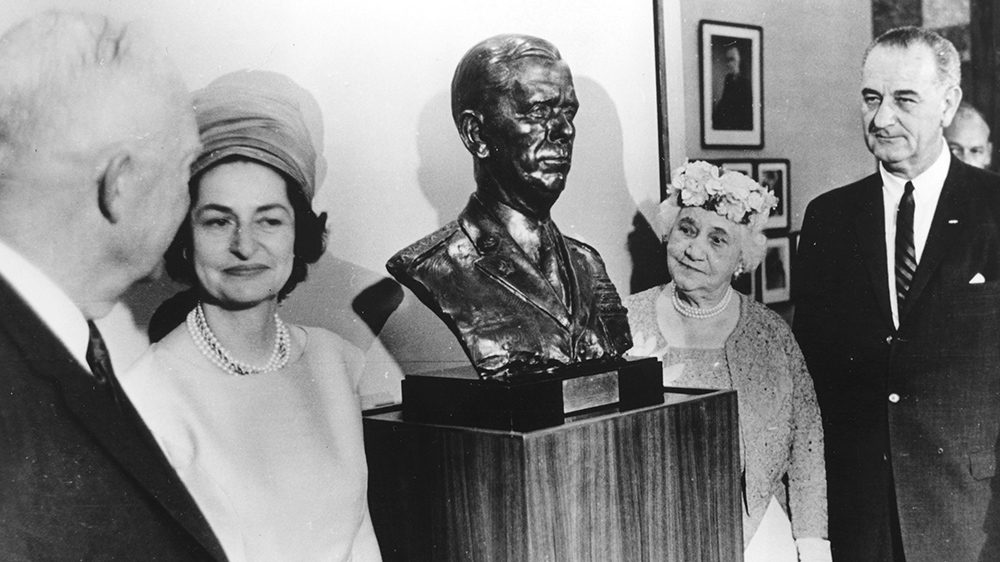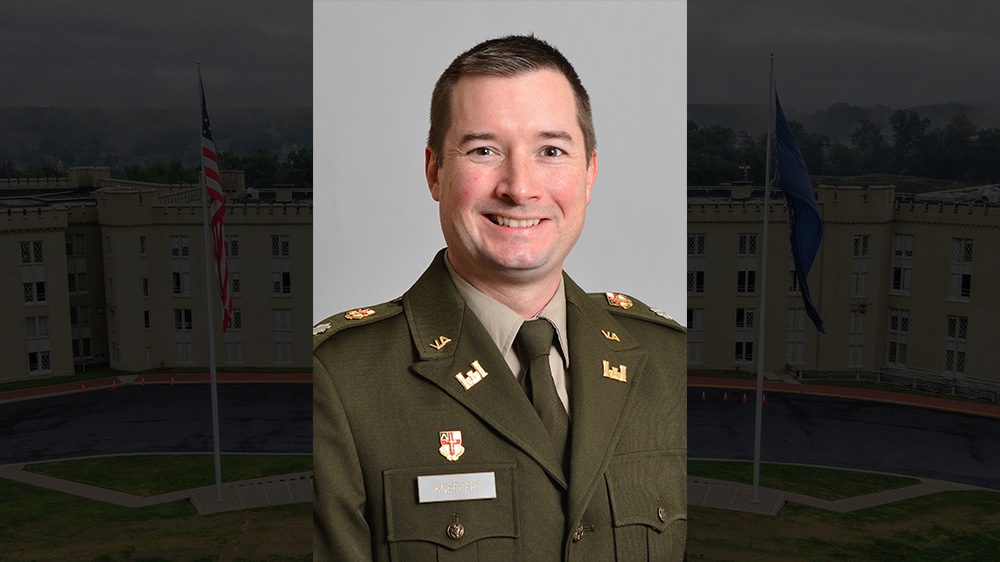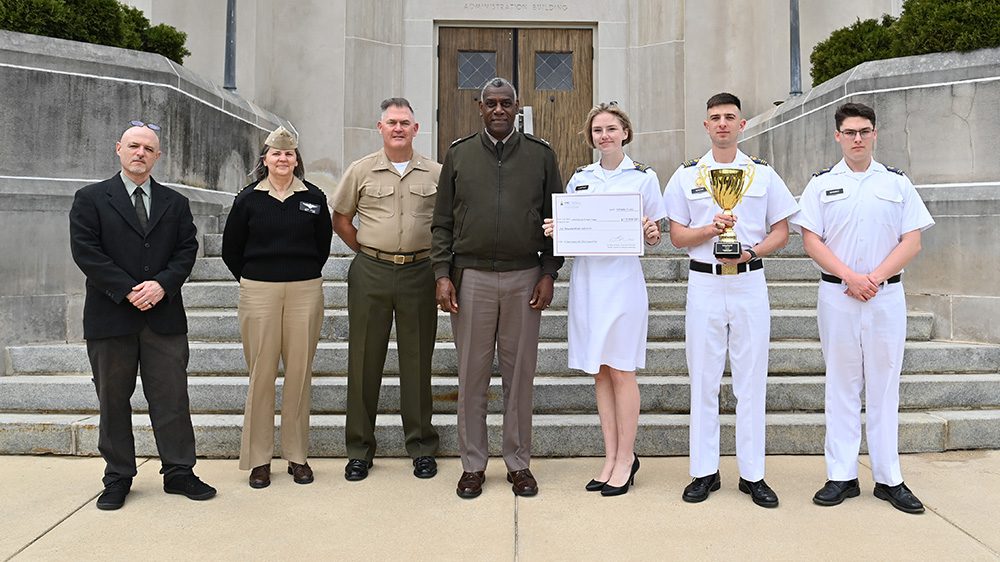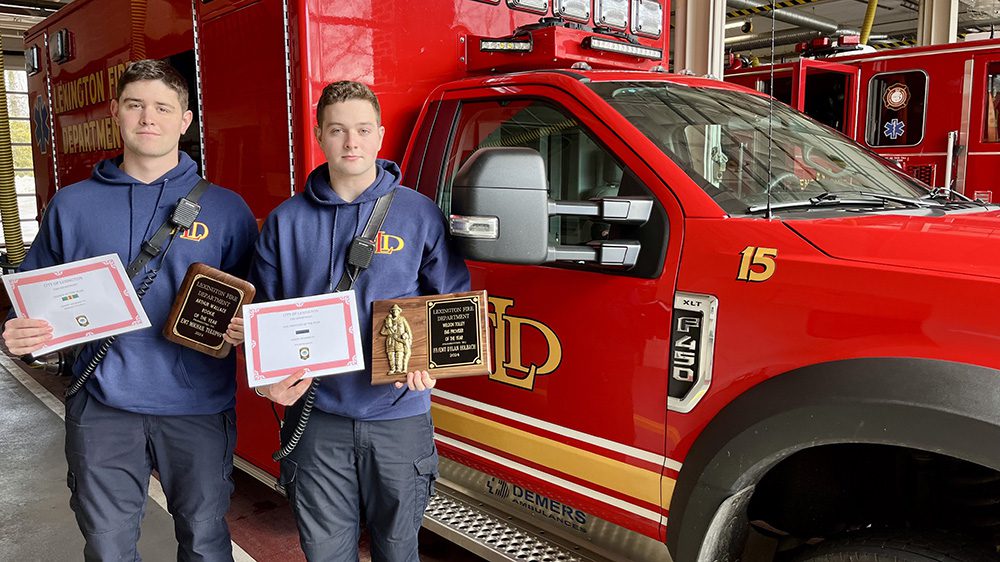The George C. Marshall Foundation has closed its museum as it shifts its focus toward a more digital era.
The news came in early January in the form of a letter from Paul A. Levengood, president of the George C. Marshall Foundation, to organization members. Dedicated to preserving the legacy of George C. Marshall, VMI Class of 1901, the Foundation has operated the museum on post since 1964.
Like nearly all public attractions, the museum was closed for much of 2020. In 2019, approximately 5,600 visitors came to see the museum’s collection of artifacts from Marshall’s storied career as an American statesman—a career that included time spent as chief of staff of the U.S. Army during World War II as well as secretary of state and secretary of defense after the war, among many other roles. It was during his time as secretary of state that Marshall developed what came to be known as the Marshall Plan, bringing much-needed aid to postwar Europe.
Museum attendance had dropped over the years, Levengood noted, and the Foundation’s leadership chose to reallocate resources in hopes of reaching a wider audience.
“We want to maximize reach,” said Levengood, who has led the Foundation since the fall of 2019. “We want to reach beyond these four walls.”

The Jeep that Gen. George C. Marshall, VMI Class of 1901, rode in during World War II was one of the Marshall Museum’s most well-known attractions.—VMI File Photo by Kevin Remington.
While the museum has perhaps been the most well-known aspect of the Marshall Foundation’s operations, it also operates the George C. Marshall Research Library, which attracts researchers from all over the globe. Going forward, the Foundation plans to digitize its collection of almost 400,000 documents written by Marshall and members of his family to make them more accessible.
The library, Levengood stated, is preeminent to the organization’s mission.
“That’s what this place was founded to do,” he said. “It was founded to collect [Marshall’s] papers and make them available, much like a presidential library.”
In addition, the Foundation plans to continues its Legacy Lecture Series focusing on the life of Marshall and the times in which he lived and add new programs for Foundation members. A nascent initiative will be to develop distance learning programs for students that highlight Marshall’s example and legacy in the areas of civics, government, leadership, and ethics.
“Classroom teachers are dying for really good resources that address topics that their students need to know for curricular purposes,” noted Levengood. “We’ll have units that use Marshall’s example as sort of a pivot or a jumping off point to talk about civics, government, and leadership.”
As 2021 unfolds, decisions will need to be made about what to do with the museum’s collection, which consists of just under 3,000 items. Some may be donated to the VMI Museum, said Levengood, while others may be returned to the individuals who donated them. It’s not yet been determined what will occupy the space formerly taken up by the museum.






